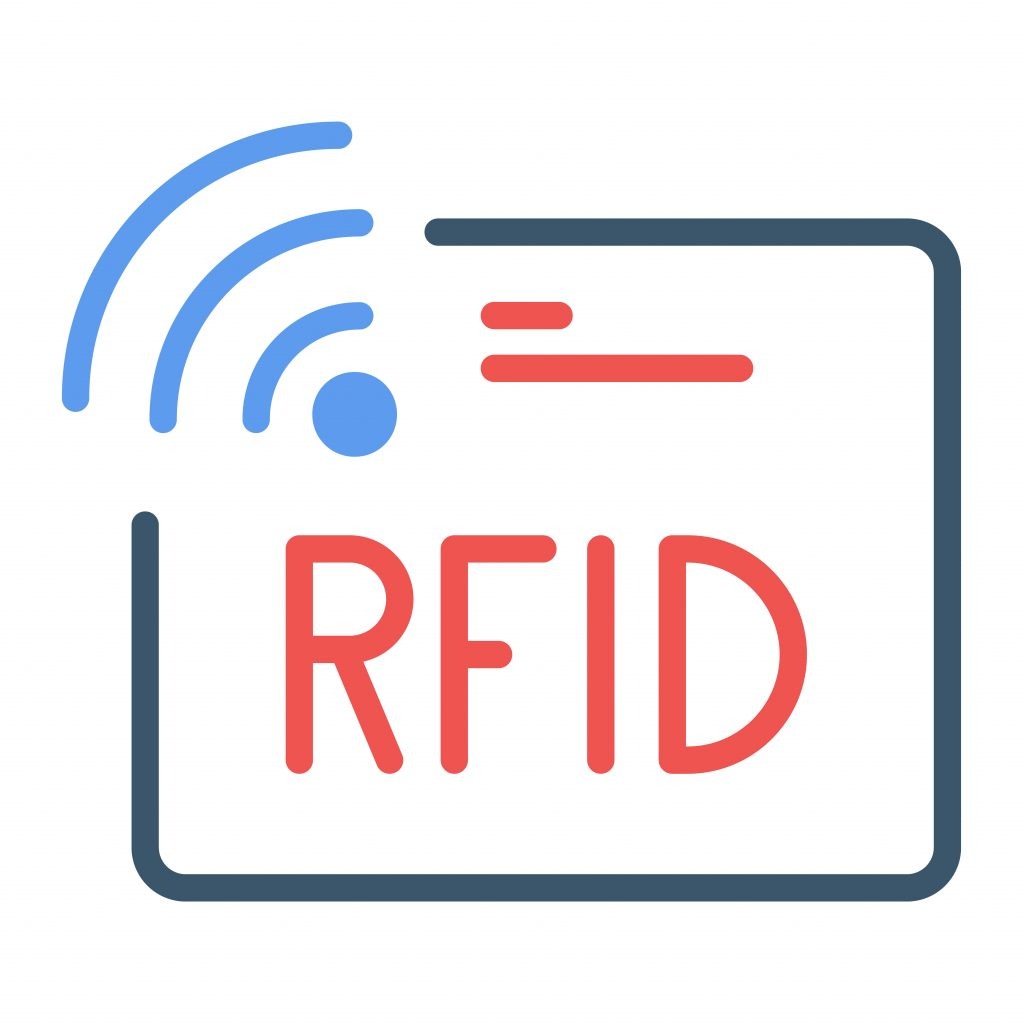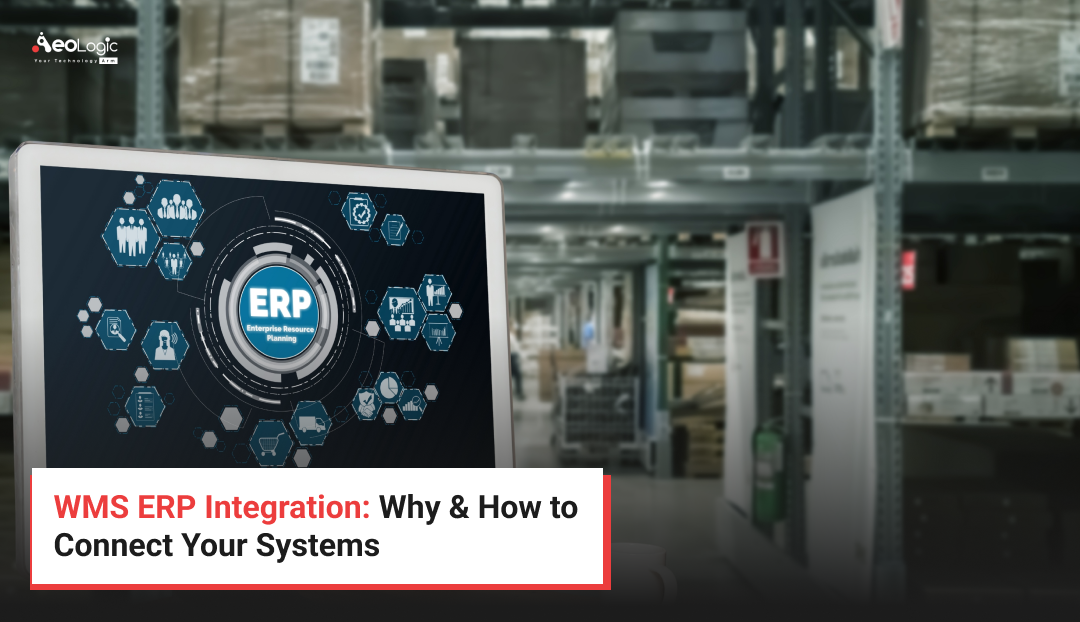When you think about export houses, you picture big shipments, many workers, and lots of things to keep track of. Managing all this can be tough. But when you have RFID Solutions, managing all can be easy.
But what is RFID? How does it help export houses? You might think it’s just another fancy term. But it’s more than that. RFID helps simplify things. It boosts productivity and makes managing products easier.
In export houses, RFID is like a helping hand. It tracks products as they move from the warehouse to their destination. Also, it reduces human errors much. It also keeps things safe.
RFID technology is something export houses need. With RFID, they save money and run their operations in better way. In this article, we explore how RFID solutions in modern export houses are transforming the way businesses manage inventory and streamline operations. Learn how this technology is driving efficiency and improving supply chain visibility.
What is RFID Technology?

RFID stands for Radio Frequency Identification. It’s really a powerful technology. It uses radio waves to communicate between a tag and a reader. The tag stores information. The reader collects that data in it. This exchange happens without direct contact. It makes RFID faster and more efficient than older methods like barcodes.
I am sure you must have seen RFID technology in use without even realizing it. Just think about contactless payments, or access cards that unlock doors. Now you know what I am talking about. These use RFID. But the applications of RFID are not limited to this only. In export houses, RFID plays an important role.
Initially, RFID was used in tracking of animals. Now, it’s an important part of modern export operations. RFID helps in tracking products from their origin to destination. RFID provides efficiency in export house operations by automating the logistics.
How RFID Solutions are Transforming Modern Export Houses?
RFID solutions are integrated into every step of the logistics process. From the moment a product enters the warehouse, RFID tags are attached. These tags carry important information. The entire journey of the product is tracked using RFID readers.
We all know that the biggest advantage of RFID is real-time tracking. Managers can see where their products are currently. This reduces the risk of loss or theft. It also allows for quick responses if something goes wrong. Real-time data means fewer delays. This is especially important in export, where timing is everything.
RFID also boosts inventory accuracy. Earlier traditional methods often involve manual counting, which can lead to errors. With RFID, inventory is updated automatically. The system knows exactly what’s in stock and where it is located. Again, it also reduces human error.
RFID solutions modern export houses saves operational costs. Since the process is automated, there’s less need for manual labor. As a result the cost lowers. Now I think, RFID’s impact on export house operations is clear.
This transition has become essential for modern export houses for staying profitable.
The Benefits of RFID for Export Houses
RFID offers many simple benefits for export houses.
- It helps with inventory. Each product gets a tag that the system scans automatically. You don’t need to count by hand. The system does that for you. So, you always know what’s in stock and what’s running low.
- RFID also keeps things safe. It helps stop theft and tampering. When products are shipped, the tags track them. If something goes wrong, you’ll know instantly. This helps keep everything safe while it’s on the move.
- RFID does a lot of the work, so you don’t need as many people. This means less money spent on labor. Plus, it helps avoid mistakes which saving both time and money.
- It also makes shipping smoother. RFID tracks goods from the warehouse to their final spot. You can always see where your products are. This helps avoid delays and keeps everything on schedule.
In short, RFID gives export houses more control. It helps you do things faster, safer, and cheaper.
Also Read: Using RFID for Inventory Management: Pros and Cons
RFID in Inventory Management for Export Houses
RFID makes inventory management simple and fast. Each item gets a small tag, and when scanned, the system knows exactly where it is. You don’t have to guess. You can see everything in real time.
With RFID, export houses always know what’s happening with their inventory. Stock is updated instantly when something moves in or out. There’s no more delays in waiting for someone to manually count items. RFID takes care of that.
By preventing stock mismanagement, export houses save a lot of time and money. You don’t have to worry about delays or missing shipments. RFID keeps things organized, so your products are always where they need to be.
Also Read: The Benefits Of Implementing RFID Solutions For Your Business
Challenges Faced by Export Houses in Adopting RFID Solutions
While RFID offers many benefits, it’s not always easy to adopt. One of the biggest challenges is the initial cost. Setting up RFID can be expensive. You need to buy tags, readers, and the software to run it all. For some export houses, this upfront investment might seem too high.
Another challenge is integration. It’s not always simple to connect RFID with existing systems. Export houses might already have logistics and ERP platforms in place. Making sure RFID works smoothly with these systems can take time and effort. Sometimes, it requires expert help to make it work properly.
Training the workforce is another issue. RFID is new for many people. They need to learn how to use it correctly. If the staff isn’t properly trained, the system might not work as it should. This could slow things down instead of speeding them up.
Despite these challenges, many export houses find that the benefits outweigh the difficulties. Once RFID is in place, it usually leads to better results.
RFID Solutions for Small and Medium Export Houses
Small and medium-sized businesses (SMEs) can also benefit from RFID technology. In fact, affordable RFID solutions are becoming more accessible for smaller businesses. These solutions help SMEs compete in the global market by improving efficiency and reducing costs.
For small export houses, RFID helps track inventory more easily. With automated systems, SMEs don’t need to rely on manual processes. This reduces errors and speeds up operations, even with fewer resources. It’s a big advantage when every bit of time and money counts.
Final Words
RFID makes the supply chain better by tracking goods in real time. It helps reduce delays and stop losses. Products move faster and more accurately through the export process. This cuts down on mistakes and helps the whole system run smoother.
Keeping your fulfillment process steady is made easier with the use of RFID technology for effective asset tracking. Get in touch with Aeologic Technologies right away to see how RFID can benefit your company.
Related Blogs:
- How AI/ML Can Change the Public Transportation Industry
- Transforming Business With Digital Technology in the Oil Palm Industry in India
- Importance of Digital Asset Management in the Retail Industry
- How AI is Transforming the Agriculture Industry
- 10 Ways to Use Artificial Intelligence to Improve Business Processes
- The Future of IoT Technology in Convenience Stores
- Building Manufacturing Resilience Through AI and ML

I’m Deepika Pandey, an SEO strategist and content writer with 6+ years of experience. I create SEO-friendly content that drives traffic and engages readers. I combine data insights with creativity to help businesses grow their online presence effectively.







